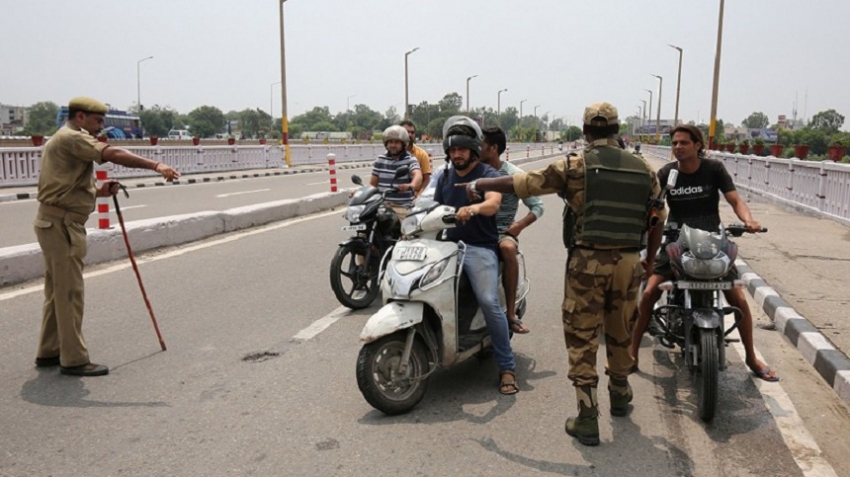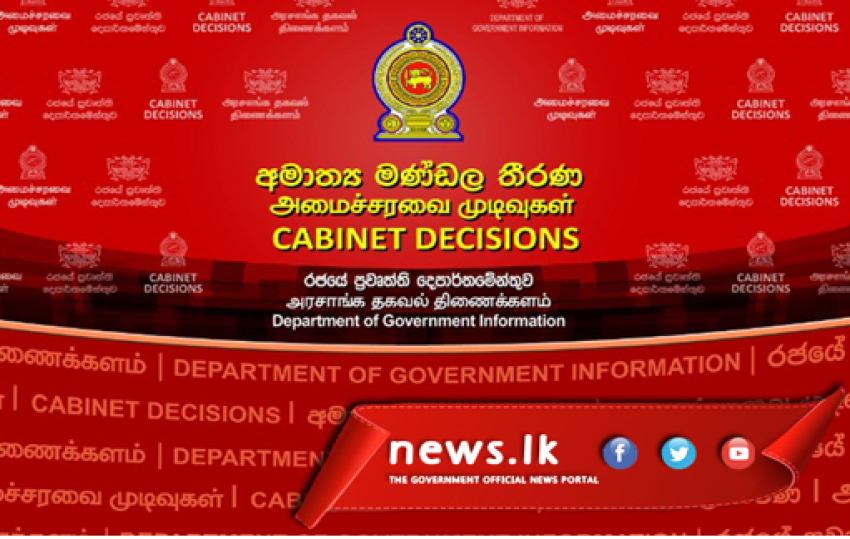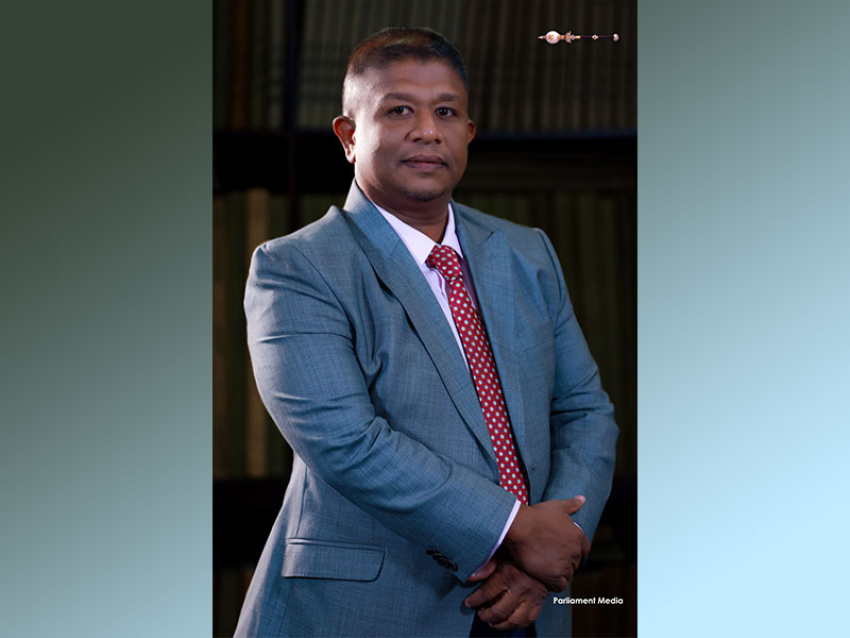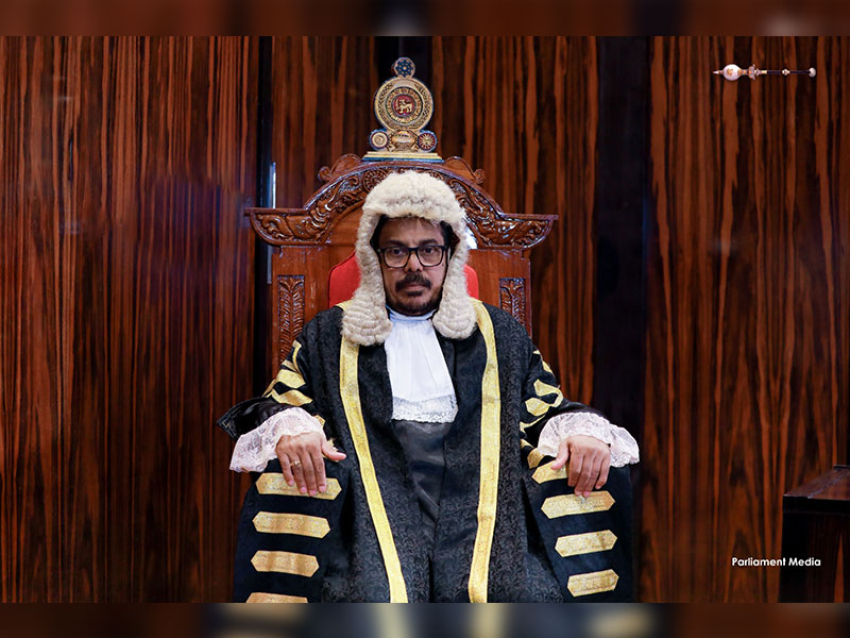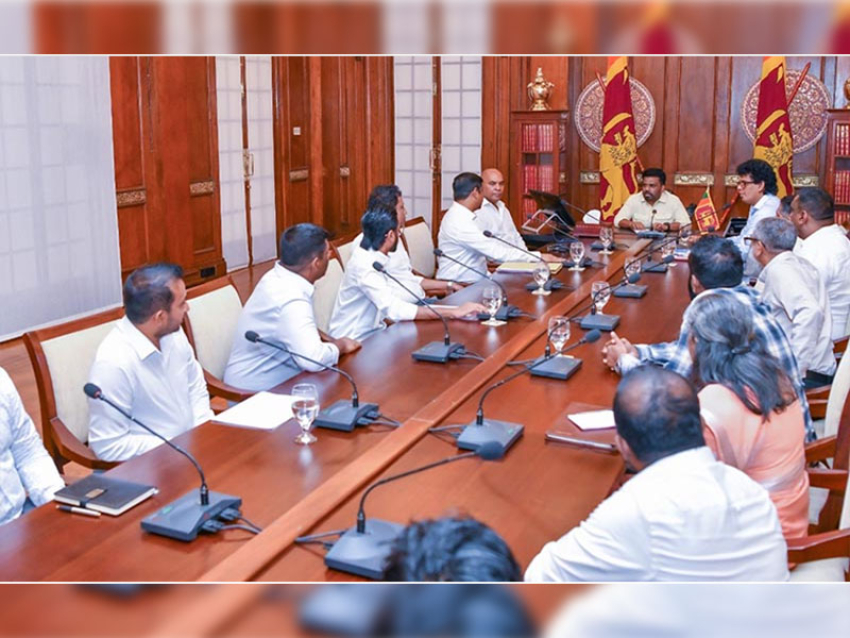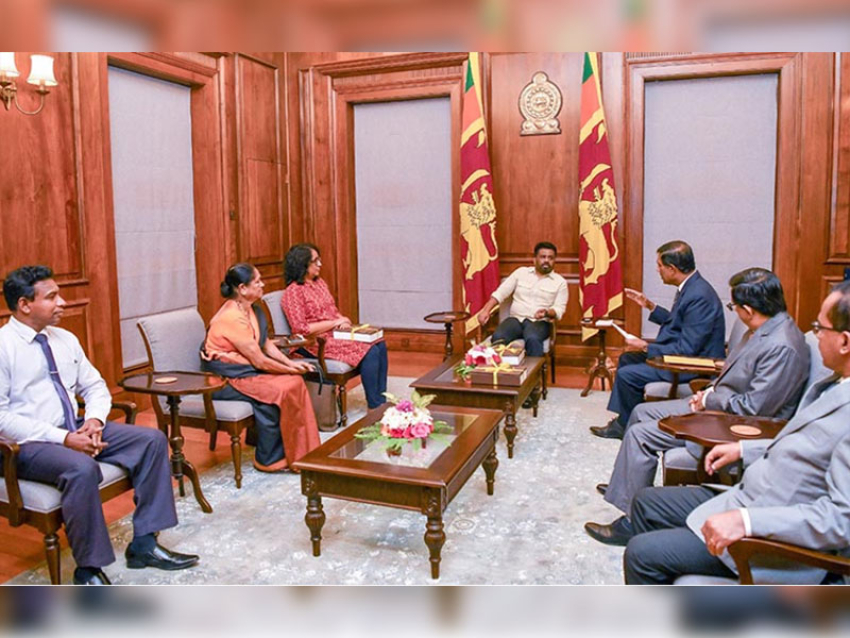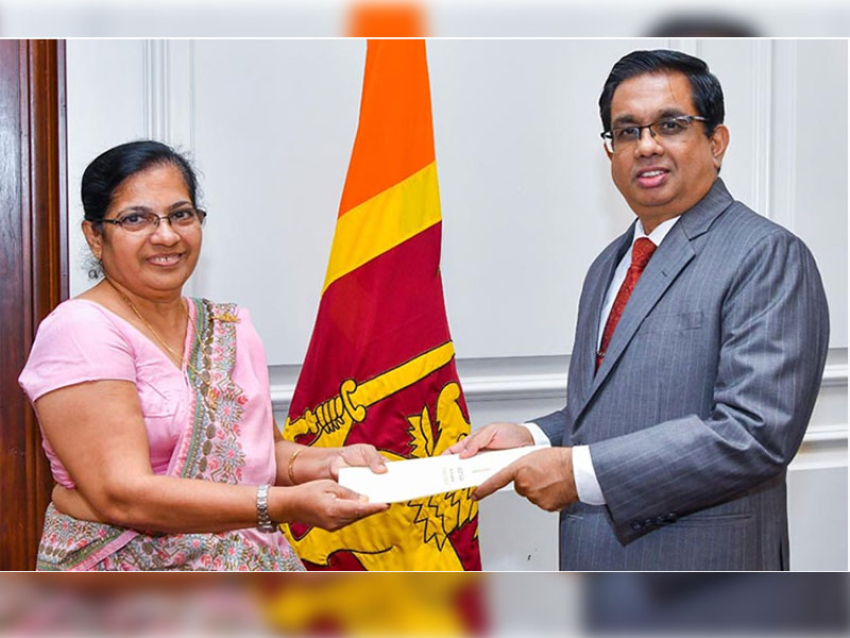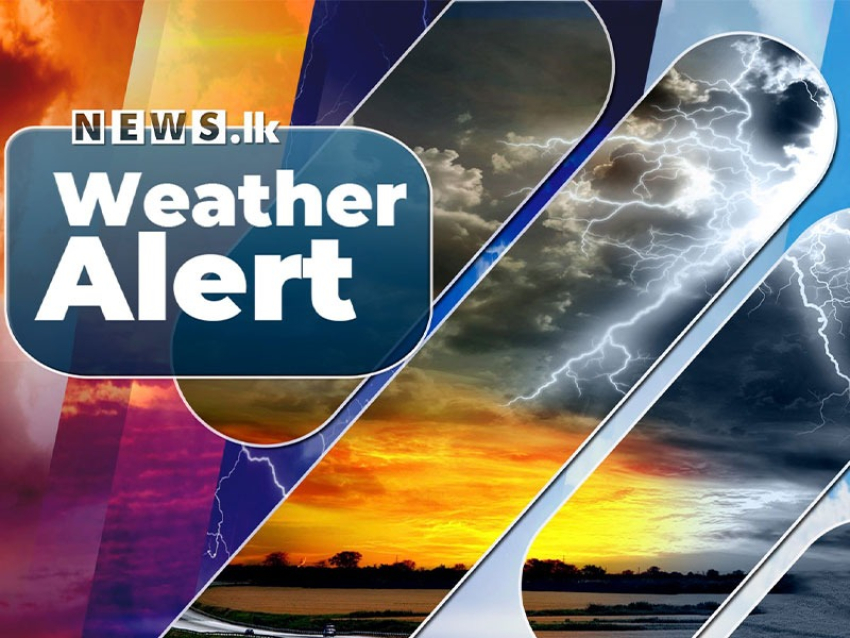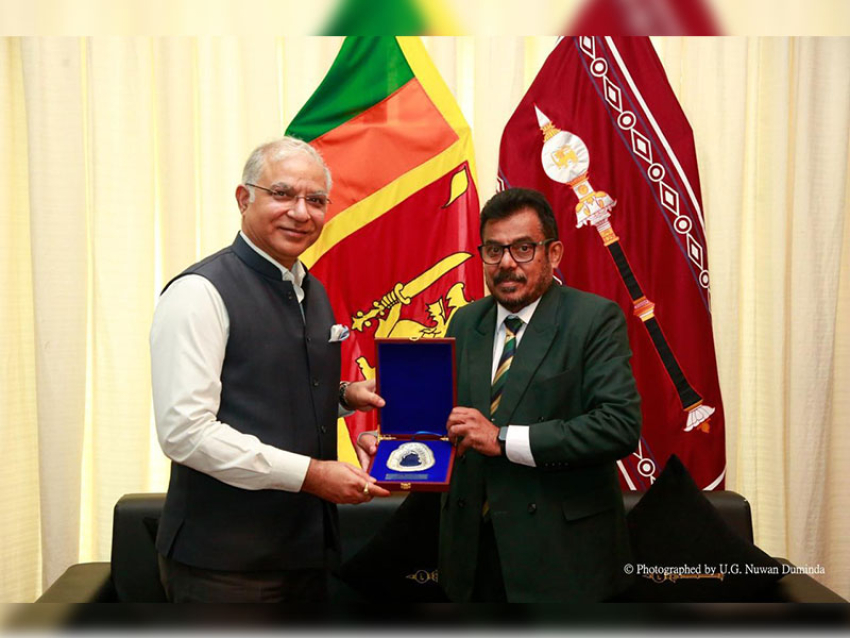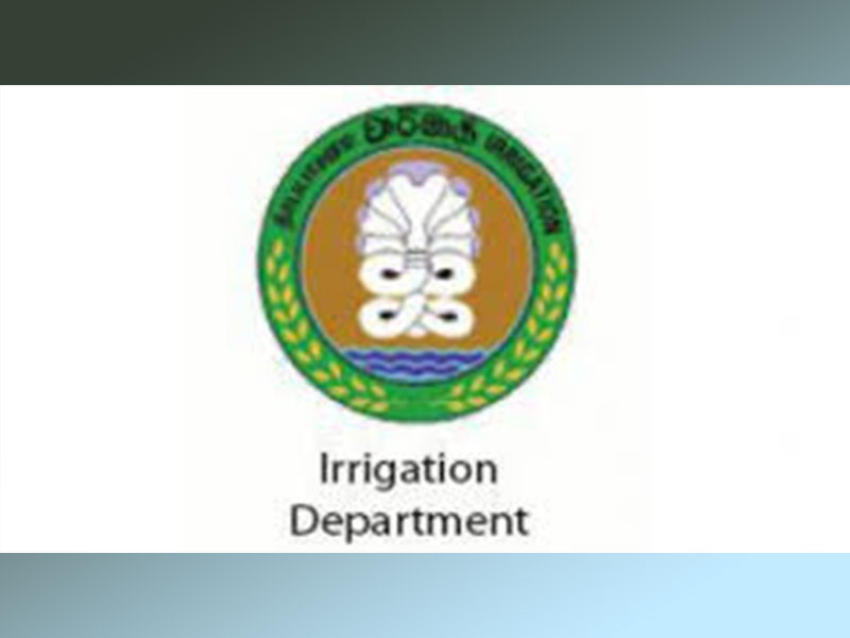The Indian Government’s revoking of the special constitutional status of Indian administered is a major move in India’s approach to the Jammu – Kashmir issue, which has been a situation of conflict with immediate neighbour Pakistan, and a significant restructuring of Indian control and administration in the Himalayan territory, and new concerns about conflict in South Asia.
The BJP-led Government of Prime Minister Narendra Modi surprised parliament that the federal government would scrap Article 370, a constitutional provision that granted measure of autonomy to the Jammu and Kashmir (J&K) state, which could adopt its own laws except on Defence, Foreign Affairs and Communications. The move also removed the provision that prevented persons from other parts of India from purchasing land in Jammu-Kashmir, the only Muslim majority state in India.
Interior Minister Amit Shah told a strongly cheering parliament, and amidst loud opposition protests, that “the entire constitution will be applicable in the Jammu and Kashmir state”.The rescinded Article 370 formed the basis of J&K’s complex relationship with India for some 70 years. The Himalayan region is claimed in its entirety by both India and Pakistan, but each country controls only part of it. Both nuclear powers have fought two wars over the region, and it is the centre of a continuing conflict.
Tens of thousands of people have died in Kashmir in an armed revolt that erupted against Indian rule in 1989, with hundreds of thousands of Indian troops deployed to quell it. The Indian Government brought in several thousand more troops to J&K days before the new move, cut off the internet, mobile phone networks and landlines in the region, and placed several politicians, including two former chief ministers under house arrest, who remain detained.
Jammu and Kashmir was, from 1846 until 1947, a princely state of the British Empire in India, ruled by a Jamwal Rajput Dogra Dynasty. On October 26, 1947, Maharaja Hari Singh signed the Instrument of Accession joining the Dominion of India in return for military aid. This followed repeated invasions by the Pathan tribesmen after Indian independence in August 1947. The Accession under Article 370 was described as a temporary move. However, the dispute continued with Pakistan, also formed with the exit of the British.
India’s ruling Hindu nationalist Bharatiya Janata Party (BJP) has long advocated ending Kashmir's special status. Prime Minister Modi and his associates pushed for radical political changes in J&K even before he won re-election in May, arguing the old laws had hindered its integration with the rest of India. The BJP’s massive majority in the recent election gave it the strength needed to push through with its policy.
The revoking of the constitutional provision on J&K will be hugely celebrated throughout the country on the coming Indian Independence Day – August 15. The move by New Delhi will split the J & K state into two federal territories, Jammu & Kashmir and Ladakh; this would also lead to a new federal territory, Ladakh, which is majority Buddhist. Both territories will be directly governed by New Delhi.
Some protests have already taken place in the region, and one protestor is reportedly killed. But the huge presence of the armed forces had reduced protests, by the largely Muslim activists in J&K. A UN spokesperson has expressed concerns over the human rights situation in Kashmir, on authorities repeatedly blocking communications networks to muzzle dissent, using arbitrary detention to punish political dissidents and employing excessive force while dealing with protests leading to extra judicial killings and serious injuries. The spokesman said: “We are deeply concerned that the latest restrictions in Indian-Administered Kashmir will exacerbate the human rights situation in the region”.
As the tension between India and Pakistan rises over the new situation in J &K, Prime Minister Imran Khan chaired a meeting of NSC situation inside Indian Occupied J&K and a long Line of Control. The Committee decided: Downgrading of diplomatic relations with India; Suspension of bilateral trade with India; Review of bilateral arrangements; Matter to be taken to UN, including the Security Council; and August 14 to be observed in solidarity with brave Kashmiris. The new tension arising from the latest Kashmir situation is described thus by The Washington Post: “Pakistan and India have fought several wars over Kashmir, and the region remains restive at the best of times. On Tuesday, Pakistani Prime Minister Imran Khan suggested war was still a possibility. “They may strike us again, and we will strike back,” Khan said. “Who will win that war? No one will win it, and it will have grievous consequences for the entire world.”
The new situation in J&K, is a matter of growing concern in South Asia, with the conflict among the two major countries in the region being aggravated, and the possibility of tensions and violence in the region increasing. The new J&K position appears to be a major action of political popularity to the BJP Government of India, using its massive parliamentary majority to carry out strong pro-Hindu political activity, drawing increasing public support.
Mass shootings in US
The two latest mass shootings in the US in Texas and Ohio, leaving 34 dead and many more injured, are raising much public anger at the continuance of such killings, and calling for action on gun control.The shooting at El Paso, Texas has raised concerns about the rise of White Supremacy and thinking against immigrants, echoing the recent words and demands of President Donald Trump against immigrants and non-white sections of the US population. Federal Prosecutors are investigating the El Paso shooting, targeting Hispanic citizens of the city bordering Mexico, as an act of domestic terrorism and a possible hate crime. This is seen as a move to bring “domestic terrorism” into the criminal justice system in the US.
The killings at Dayton, Ohio were also directed at African-American persons, and have led to protests about President Trump’s recent attacks on the non-white minorities in the US.The El Paso shooting was the second of three US mass shootings in the past week. The previous Sunday, a gunman opened fire on a food festival in Gilroy, California. Less than 24 hours after the El Paso massacre a shooter opened fire in a popular entertainment district in Dayton, Ohio. From the three shootings, at least 34 people are dead, including two of the shooters.
In his statement to the Nation from the White House on the two mass shootings, President Trump said: “These barbaric slaughters are an assault upon our communities, an attack upon our nation, and a crime against all of humanity. We are outraged and sickened by this monstrous evil, the cruelty, the hatred, the malice, the bloodshed, and the terror. Our hearts are shattered for every family whose parents, children, husbands, and wives were ripped from their arms and their lives. America weeps for the fallen. “The shooter in El Paso posted a manifesto online consumed by racist hate. In one voice, our nation must condemn racism, bigotry, and white supremacy. These sinister ideologies must be defeated. Hate has no place in America. Hatred warps the mind, ravages the heart, and devours the soul. We have asked the FBI to identify all further resources they need to investigate and disrupt hate crimes and domestic terrorism — whatever they need.
“We must recognize that the Internet has provided a dangerous avenue to radicalize disturbed minds and perform demented acts. We must shine light on the dark recesses of the Internet, and stop mass murders before they start. The Internet, likewise, is used for human trafficking, illegal drug distribution, and so many other heinous crimes. The perils of the Internet and social media cannot be ignored, and they will not be ignored.”
The above excerpts from his statement show his attempts to move away from the major issues of white supremacy, targeting of immigrants and minorities, with blame on the internet and dementia. The shooter at El Paso has reportedly placed a manifesto in the internet just before carrying out the shooting, using words from President Trump’s own statements against ‘invasions of immigrants from South America’. These mass killings are activating the political debate on the need for gun control in the US. The rising campaign for the coming presidential election in 2020 is making this debate hotter, with many Democrats, and some Republicans too, voicing demands for gun control. Many analysts believe the move towards the next presidential election would make this campaign for gun control stronger, possibly push it further than earlier calls for such controls, with presidential candidate Donald Trump himself caught in the stuff of the debate.
Hong Kong – Unrest Hurting
The protests in Hong Kong moved to the 9th week with increased violence by a section of the protesters and more clashes with the Police. The protesters moving from the initial protest against an extradition bill to mainland China; are now making loud calls for wider Democracy and removal of the Chief Executive of Hong Kong, Carrie Lam.
Mainland China continues to watch the situation, with no confrontation with the protesters, believing that support for the protesters could soon decline due to economic realities. The protests are now hurting the city’s stock market, fallen to its lowest point in eight months, dropping 10% a month. Average Hong Kong citizens invest in the stock market; many have retirement funds tied to the Hang Seng Index.
Analysts of the prevailing situation think that stonewalling the protesters, would lead to increasing radical and violent acts, which would estrange more Hong Kong citizens, away from the youth. One academic studying the protests has said Beijing hopes that eventually, after a few more weekends of bloody confrontations, public opinion may turn against the radical protesters. At a recent press conference, Beijing's Hong Kong and Macau Affairs Office focused squarely on the economic impact of the protests, making it clear the situation couldn't be allowed to continue.“We would like to make it clear to the very small group of unscrupulous and violent criminals and the dirty forces behind them -- those who play with fire will perish by

